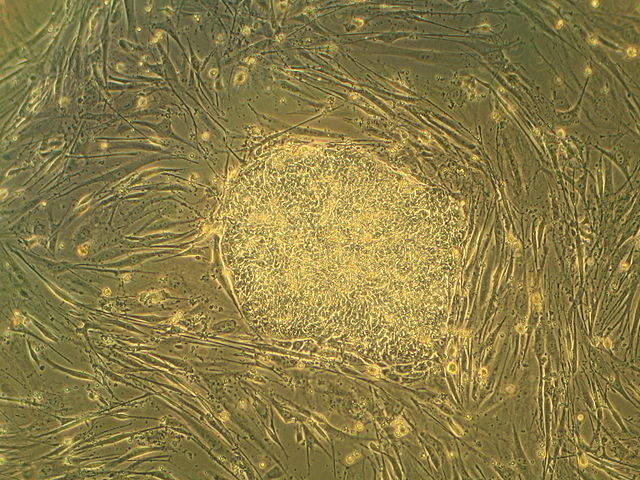
The Class III designation will allow Cytori to expand its current commercial efforts in Japan and provides a clear framework for future expanded regulatory claims and reimbursement under the November 2014 PMD Act.
Furthermore, Cytori announced today that the Company has successfully outsourced an important assembly portion of the production process for its Celution Cell Therapy consumables from San Diego, CA to Viant Medical in San Antonio, Texas. The first consumable lots following this new process were shipped to customers in this November.
Cytori Therapeutics president and CEO Marc H. Hedrick said: “Obtaining Class III designation follows many months of constructive interaction with the Japanese Ministry of Health, Labour and Welfare following the approval of the 2014 PMD Act.
“This approval coupled with the outsourced production allows Cytori to meet forecasted product demand, particularly in Japan, and better prepares us for the data read out in our Japan ADRESU pivotal trial next year.”
In Japan, Class III and Class IV medical devices require the highest levels of safety and efficacy data In Japan. These devices are also required to have special controls. Other such examples of Class III medical devices include: hemodialysis equipment, artificial bones and joints, mechanical ventilation apparatus, and balloon catheters.
Cytori currently has a fully functional logistics, sales and marketing team in Japan dedicated to commercialization of the Celution Cell Therapy System. Cytori is forecasting double digit growth in consumable utilization in Japan for 2018. Prior to the class III approval, Cytori has been selling the Celution technology mostly for aesthetic and orthopedic indications under a Class I designation.
ADRESU is an investigator-initiated, multicenter, 45 patient, open-label, single arm clinical trial of Cytori’s ECCI-50 cellular therapeutic, comprised of Celution-prepared autologous Adipose Derived Regenerative Cells (ADRCs) and Adipose Cells for men with stress urinary incontinence as a complication of prostate intervention. A total of 45 patients, all treated in Japan, were enrolled in this potential approval trial. One-year data readout from ADRESU is anticipated in the first half of next year.
The ADRESU trial was based on a promising pilot trial with short-term data of 11 patients published in the International Journal of Urology in 2014 and long-term data of 14 patients presented at the International Continence Society in 2017, which ‘demonstrated that transurethral injection of autologous ADRCs can be a safe and effective treatment modality for postprostatectomy incontinence’. Details of the ADRESU protocol and trial can be found on BMC Urology, clinicaltrials.gov and the University Hospital Medical Information Network website.
The primary endpoint for the ADRESU trial is the percentage of patients who experience greater than 50% reduction in urinary leakage volume from baseline (as measured by the weight of unintended urinary leakage over 24 hours) at 52 weeks after treatment. A number of other key secondary endpoints are also being assessed. If the primary endpoint is successfully achieved, the data may be used to seek approval of ECCI-50 for this indication.
The trial costs are substantially supported by the Japan Agency for Medical Research and Development, an independent administrative agency of the Government of Japan, with additional support from Cytori. The trial is sponsored by the lead institution, Nagoya University.
Source: Company Press Release






